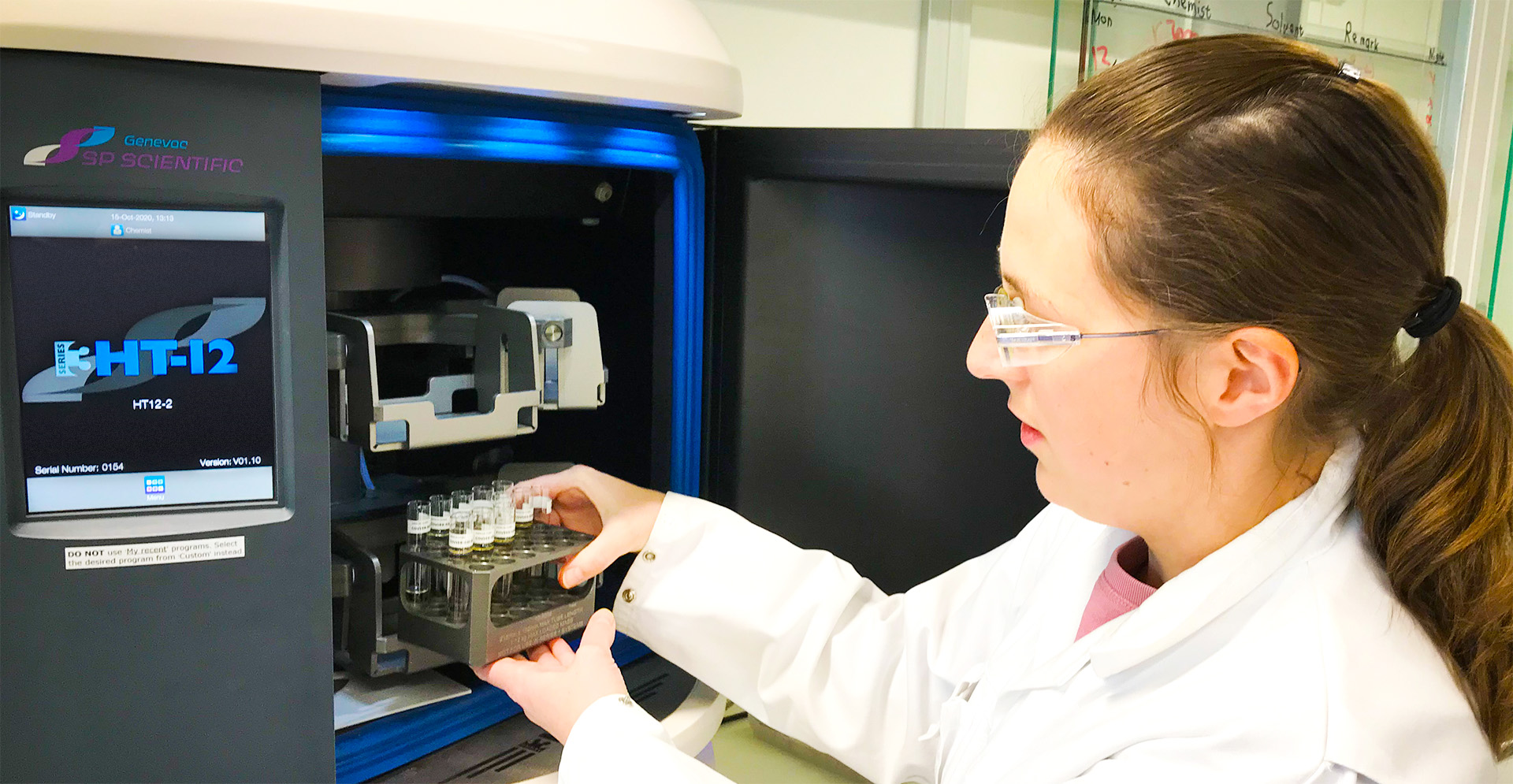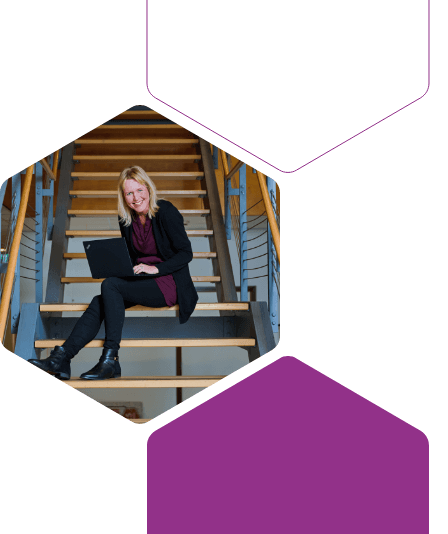Delivery of an innovative 80,000 compound lead-like library for HTS and a cutting-edge parallel medicinal chemistry platform at Symeres.
The European Lead Factory (ELF) combined the talents and platforms of 30 leading pharmaceutical companies, CROs, and academic groups across Europe. The goal of this consortium, funded by the European Union (Innovative Medicines Initiative), was to provide partners with innovative small-molecule starting points for drug-discovery programs, leading to novel therapies in areas of high, unmet medical need.
Symeres played a key role in the consortium, with the objective to design and synthesize an 80,000 compound contribution to the library for use in high-throughput screening (HTS) within the consortium.
HTS is still one of the most important ways to find starting points for drug-discovery projects. Access to high-quality, innovative, and lead-like screening compounds is vital for a successful HTS campaign.
The ELF consortium set stringent goals for the number of compounds that would be generated, the criteria they set for these compounds, and the number of targets to be screened. It brought together the organizational skills of the EFPIA; the creative ideas of academia and CROs, such as Symeres; and industrial-standard parallel chemistry and purification infrastructure. The project was successful, with all goals achieved within the five-year project timeframe.
Symeres contributed almost 80,000 lead-like compounds to the ELF project and its successor, ESCulab. This innovative library, named Symegold, will soon be available for collaborators outside the ELF consortium to screen, via Symeres. “The ELF project started in 2012, a time where we saw a significant decline in the early pipelines of the pharmaceutical industries”, said Dr. Jorg Benningshof, Director of Parallel Chemistry at Symeres. “By this time, most ‘easy’ chemistry had been exhausted and we saw a need for more complex, innovative but still lead-like molecules to fill the gap.”
In addition to the immediate project goals, Symeres used the opportunity of participating in the ELF to meet a longer-term strategic objective of building a complete parallel medicinal chemistry infrastructure and expertise base for future optimization projects.
Jorg Benningshof added: “The timescale of the ELF gave us the opportunity for strategic development of our parallel medicinal chemistry capabilities. We invested in semiautomated equipment and in developing a robust toolbox of methodology. We also gained experience in creating libraries containing sp3-rich scaffolds by developing innovative building-block chemistry. Our current clients on medicinal chemistry projects benefit greatly from the expertise that has been gained during this five-year project. As well as synthesizing specific analogs of compounds of interest, we are able to rapidly design, synthesize, and purify information-rich small arrays of analogs to build structure–activity and structure–property relationships.”

